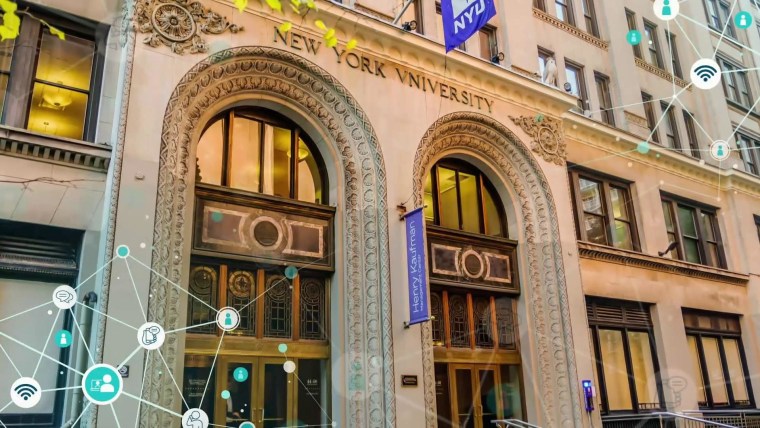California will become the first state to sue the Trump administration over guidelines issued this week that bar international students from remaining in the United States if they can take classes online, state Attorney General Xavier Becerra announced Thursday afternoon.
The lawsuit, which was expected to be filed Thursday in Northern California’s U.S District Court, seeks a preliminary injunction against enforcement of the new visa policy.
Under the directive, students on F-1 and M-1 visas “must depart the country or take other measures, such as transferring to a school with in-person instruction to remain in lawful status,” Immigration and Customs Enforcement said in a statement.
Those who violate the rules “may face immigration consequences including, but not limited to, the initiation of removal proceedings,” according to the agency.
The policy was announced as some colleges and universities announced plans to hold online-only courses this fall as the United States struggles to get the coronavirus pandemic under control.
It would disproportionately affect California, which has more students on visas than any other state, the state’s attorney general said.
International students in the U.S. contributed nearly $41 billion to the national economy in the 2018-2019 academic year, according to NAFSA: Association of International Educators.
According to 2019 fall enrollment data for the University of California system, 27,205 students out of 226,125 enrolled in undergraduate studies were listed as non-resident international while 13,995 of the university’s 58,941 graduate students were non-resident international.
At the University of Southern California, a quarter of all students enrolled in the 2019-20 academic year were international students. More than half of the international students are from China, according to the university’s website.
Becerra, who was joined in a virtual news conference by California Community Colleges Chancellor Eloy Ortiz Oakley and California State University Chancellor Timothy White, issued a blistering rebuke of the new directive, calling it “arbitrary and capricious.”
“Shame on the Trump administration for risking not only the education opportunities for students who earned the chance to go to college but now their health and well-being as well,” Becerra said.
Becerra said the directive “could put everybody at risk of getting the coronavirus or being subject to deportation” if students don’t comply with this latest policy.
“Not on our watch,” he said.
This lawsuit will mark the 86th legal action California has taken against the White House, according to the California attorney general’s office. “We’ll keep going,” Becerra said.
Also on Thursday, nearly 100 members of Congress sent a letter to ICE and the Department of Homeland Security calling the proposed policy “irrational and xenophobic.”
“This new policy would effectively punish international students at colleges, universities, and other institutions that have decided to move their courses online in order to protect their communities from COVID-19,” the letter, led by Massachusetts Democrats Sen. Elizabeth Warren and Rep. Ayanna Pressley, read.
Earlier in the week, University of California officials announced plans to sue the federal government over its new student visa policy. The lawsuit will be filed separately from the state. A spokesperson said the University of California will work closely with Becerra’s office.
“At a time when college students across America are struggling to deal with the challenges and uncertainty of the COVID-19 pandemic while focusing on their studies, this capricious and illegal order from the federal government plunges them into deeper anxiety and uncertainty,” UC President Janet Napolitano said. “It is illegal, unnecessary and callous.”
Napolitano is the former United States Secretary of Homeland Security under President Barack Obama.
Private institutions, including Stanford and the University of Southern California, also took legal action this week.
Both schools said they would join a lawsuit filed by Harvard University and the Massachusetts Institute of Technology. That lawsuit, filed Wednesday in the U.S. District Court for Massachusetts, asked the court to prevent ICE and the Department of Homeland Security from enforcing the new guidance and to declare it unlawful.












